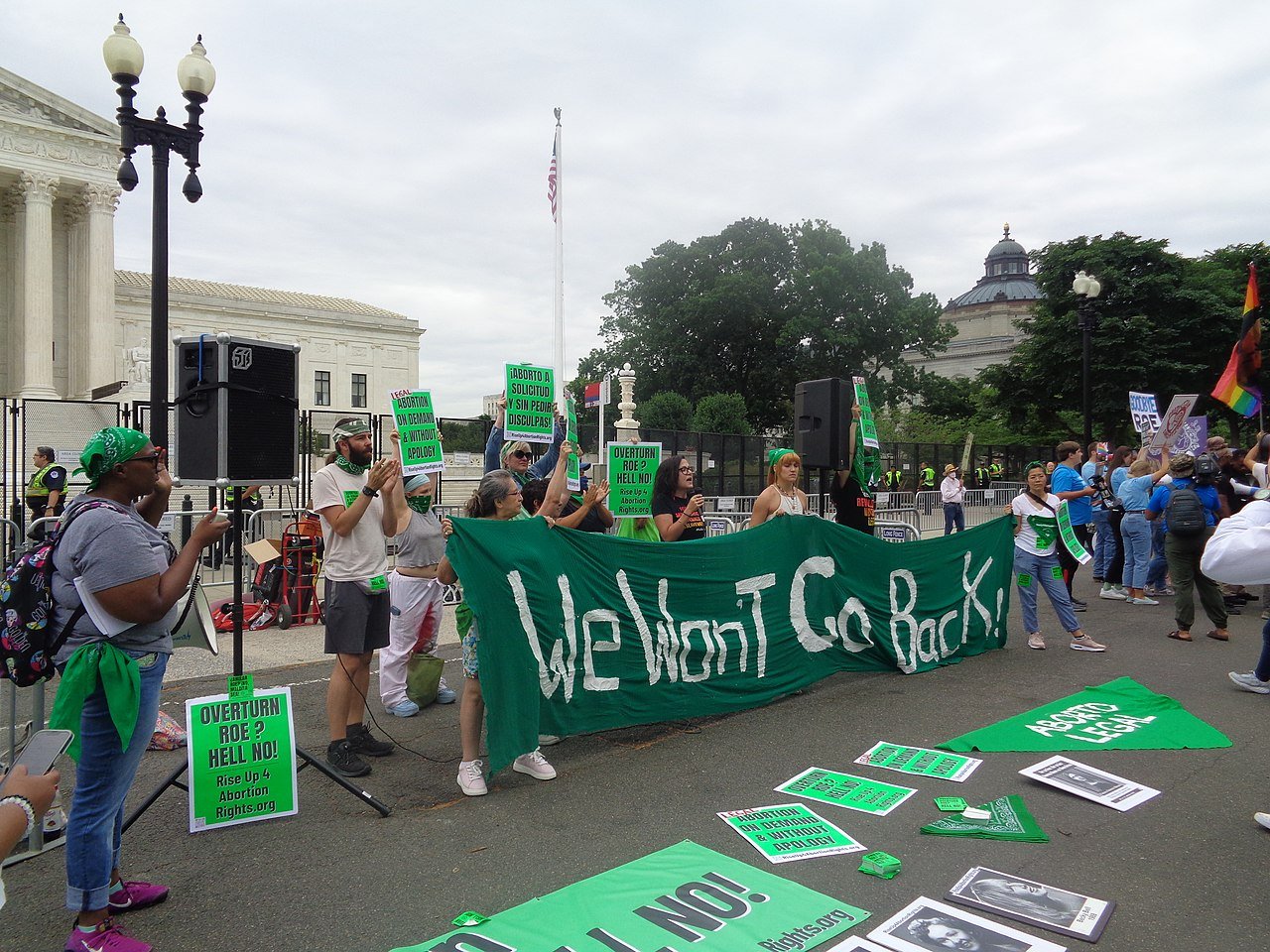What are the four waves of feminism? And what comes next?
Published in The Conversation 8 March 2024
How do we know when to pronounce the next “wave”? (Spoiler alert: I have no answer.) Should we even continue to use the term “waves”?
…
What does this mean for “waves” in 2024 and beyond?
To build vigorous varieties of feminism going forward, we might reframe the “waves”. We need to let emerging generations of feminists know they are not living in an isolated moment, with the onerous job of starting afresh. Rather, they have the momentum created by generations upon generations of women to build on.


The documentary Killjoy captures the personal and the political of family violence and gender activism
At 16, Kathryn Joy applied for a passport. To do this, they had to obtain their mother’s death certificate. After growing up in a house in which their father had killed their mother – an act he refused to talk about – Kathryn learned exactly how their mother had died: “gunshot wound to the head”.
The bare brutality of this information shocked them into looking anew at their father, escaping from small town to big city, spiralling into trauma-induced mental anguish, and embarking on a journey of self-discovery through tracing their family’s violent history.
Eight years of this journey are documented in the new Australian documentary Killjoy.




No more “waves”: ‘Revolution and Reform: The Women's Liberation Movement and the Whitlam Years’
We tend to be told that feminist history happened in disconnected chunks – in 1st, 2nd, 3rd and now 4th “waves”. While there were certainly generational differences, if we peel back the curtains on this one failed reform in Elizabeth’s Legacy Paper [the women’s library], what we find is a rich history of multiple generations of feminists, whatever their differences, all working together to protect and preserve feminist memory – knitting the feminist past, present and future together – all campaigning for a women’s library and archive.



Gender, Emotions, and the Colours of Protest
This blog begins a new series, edited by Vera Mackie and Sharon Crozier-De Rosa, dedicated to exploring the role of color and emotions in the history of social movements.
IMAGE: WOMANPOWER: A SYMBOL OF THE 1970S WEST GERMAN WOMEN’S MOVEMENT (2006). IMAGE VIA WIKIMEDIA COMMONS.

Some memories are privileged, others are fragile, gendered, racialised, ethnicised, nationalised…
Protests around public memory reveal much about agency and power differentials as some groups demand and effect change while others remain silent and invisible. Who gets to decide about who is remembered and what form that takes? Who feels entitled to demand that the memory landscape change?
